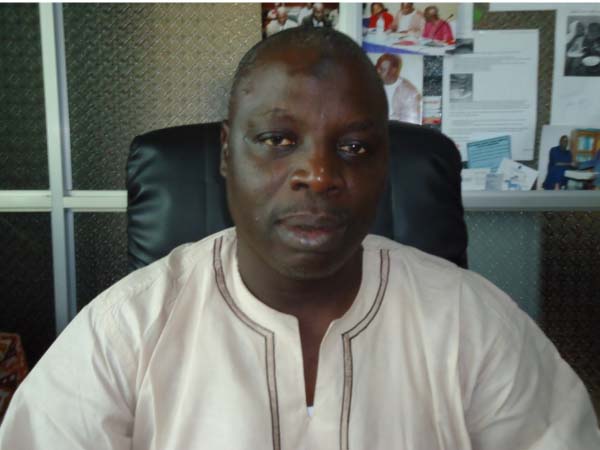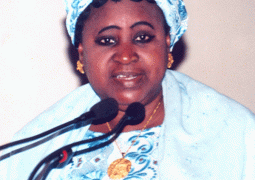
He said that due to the serious nature of Ebola in countries like Nigeria, Sierra Leone and Liberia, the Ministry of Health and Social Welfare in collaboration with other development partners, has put in strategies and are targeting to orient religious leaders and traditional healers on the Ebola since these are the first contact persons at the village level.
Mr Njaigave an update on the current situation of Ebola in the sub-region and the level of preparedness by the Ministry of Health and Social Welfare regarding the mechanism that are in place to protect the people against Ebola in case of any eventuality.
Mr Njai, who was speaking to our reporter in his office situated at Kotu, yesterday disclosed that as at now The Gambia did not have any case with regard to Ebola, although there were two suspects and the sample were collected and taken to Dakar for investigation and they proved negative.
He said that since February to date, the Ministry of Health has put in place series of strategies among them was the development of plans and this plans comprises of social mobilisation and communication surveillance, laboratory and also supplies equipment and drugs in case of any eventuality.
He said that in support to that plan, UNICEF supported the communication and social mobilisation component of the Ebola which helps them to orientate with all the regional technical advisory committee including the municipality, thus included the orientation of chiefs and alkalolus.
He said this was followed up by the Red Cross volunteers who also went out to do house-to-house sensitization, as well as cluster monitors from the Ministry of Basic and Secondary Education also went out to do sensitization of teachers and students.
These were strategies that they put in place to address the issues of Ebola in case of any eventuality, he said.
According to Mr Njie, the Ministry of Health with the support of the UNDP through WHO and UNICEF has also supported the production of communication support materials such as posters, leaflets and also fax sheets, as well as step-by-step chart from health workers.
He said that for the case of surveillance, the health workers has been trained in health facility and major health centre and hospital, which has covered all the health centre.
The nine recognise borders in the country, Giboro, Brikama-Ba, Sabi in Basse, Soma and Farafenni had been equipped with health workers to monitor and take details and address for in case of any eventuality, he added.
In additional to that, the WHO also supported the Ministry of Health with some equipment and overall the Government of The Gambia through President Jammeh is committed as he had donated equipment and laboratory tests, and also agents and personal protective equipment to the Ministry of Health to support the initiatives.
He said these are real commitment by the Government of The Gambia in the fight against Ebola.
He thanked his boss, the Minister of Health, for working tirelessly to ensure that his technical committee to meet on regularly basis and update the Ministry of Health.
He also revealed that there is an isolation centre at the Edward Francis Teaching Hospital in case of anything, like suspect or patience would be taken to that centre for redress.
According to him, what is more important as at now is to look for the major sign and symptoms such as vomiting, diarrhoea, bleeding and fever, adding that anybody who complain regarding these signs should report to the nearest health centre.
He added that what the Ministry of Health is now trying to encourage people to do is to practise proper hand washing with soap after shaking hands with anybody.
He also cautioned people living around the forest area or zone to avoid playing with monkeys and birds, which are also a major concern for the Ministry of Health.
On meeting within the sub-region, he said for The Gambia, the Ministry of Health had put a very good surveillance system in place to take their details at the Banjul International Airport in case of any eventuality.
According to Mr Njai, it is part of their sensitization programme to build the capacity of the communities’ surveillance to ensure proper protection in case of any eventuality.
He said they are also doing radio programme constantly with nine community radio stations throughout the country and the national television.
He advised the general public to be vigilant especially during cultural festival and let practices hand washing as they want institutions to provide hand washing facilities for their staff.



